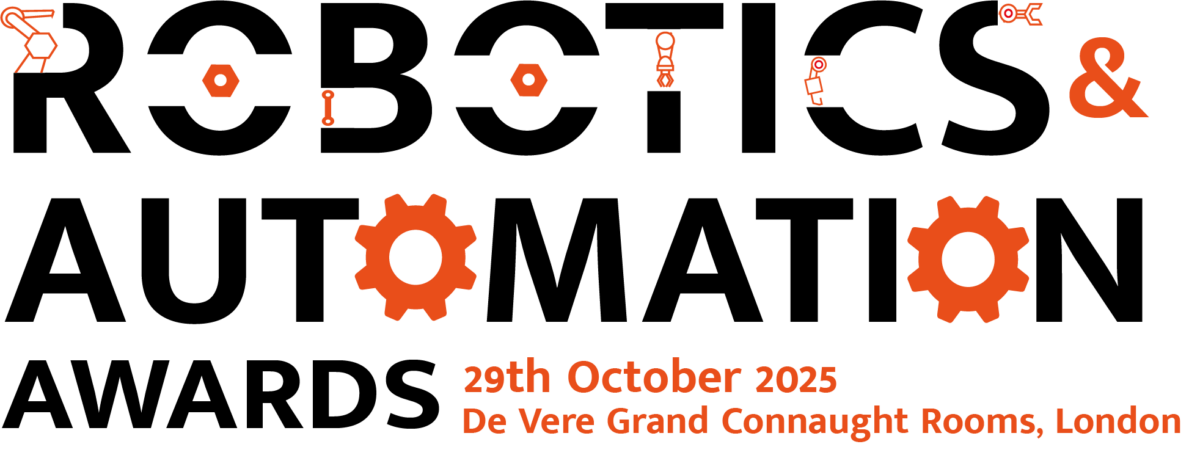Diesel could be replaced by alternative fuels as soon as 2050, according to a study for the European Commission.
The report by an expert group on future transport fuels puts forward a plan for to meet expected demand from all transport modes through a combination of electricity (batteries or hydrogen/fuel cells) and bio fuels as main options, synthetic fuels (increasingly from renewable resources) as a bridging option, methane (natural gas and bio methane) as complementary fuel, and LPG as supplement.
Commission vice president Siim Kallas, who is responsible for transport, said: “If we are to achieve a truly sustainable transport, then we will have to consider alternative fuels. For this we need to take into account the needs of all transport modes.”
The Commission is currently revising existing policies and the report will feed into the “initiative on clean transport systems”, to be launched later this year. The initiative intends to develop a consistent long-term strategy for fully meeting the energy demands of the transport sector from alternative and sustainable sources by 2050.
The report makes it clear that there is no single candidate for fuel substitution. “Fuel demand and greenhouse gas challenges will most likely require the use of a mix of fuels which can be produced from a large variety of primary energy sources. There is broad agreement that all sustainable fuels will be needed to fully meet the expected demand.”
Different modes of transport require different options of alternative fuels. Fuels with higher energy density are more suited to longer-distance operations, such as road freight transport, maritime transport, and aviation. Compatibility of new fuels with current technologies and infrastructure, or the need for disruptive system changes should be taken into account as important factors, determining in particular the economics of the different options.






